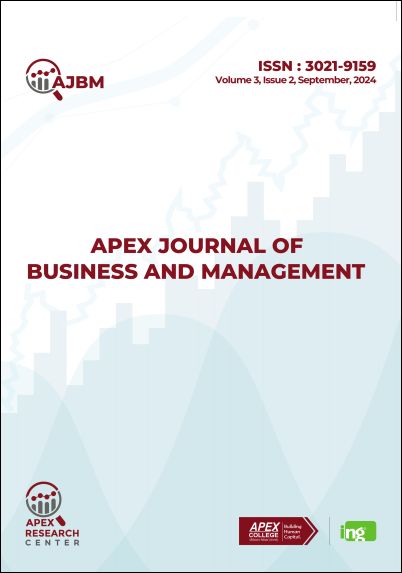The Impact of Emotional Intelligence on the Conflict Resolution in Banking Sector
Keywords:
emotional intelligence, banking sector, employees, job performance, work,, job stressAbstract
The study of emotional intelligence in the banking sector serves a crucial purpose in enhancing client relationships, conflict resolution, leadership, and stress management. Adaptation to technological changes, and risk management, as the industry continues to evolve, the ability to understand and manage emotions – both our own and those of others – will only become more essential for success. Developing emotional intelligence is a valuable investment that can lead to improved client satisfaction stronger teams, and a more resilient banking sector overall. This research adopted the conceptual research by using a descriptive research design. Secondary data has been collected and analyzed to find out the factors affecting the Banking sector. This will help them to cope with the work environment and to effectively handle different situations. It could be absorbed that the students with high levels of IQ at school levels were also not able to shine in their profession, just because of lacking a moderate level of EQ. The exploration of Intricate Interplay between Emotional Intelligence and Job Performance in the Public Banking Sector, a major finding emerges. A robust correlation exists between high emotional intelligence and enhanced job performance. Employees demonstrating superior emotional intelligence exhibit superior interpersonal skills, adaptability, and stress management, leading to increased productivity and job satisfaction.
Downloads
Downloads
Published
How to Cite
Issue
Section
License
Copyright (c) 2024 The Author(s)

This work is licensed under a Creative Commons Attribution-NonCommercial 4.0 International License.
This license requires that reusers give credit to the creator. It allows reusers to distribute, remix, adapt, and build upon the material in any medium or format, for noncommercial purposes only.




